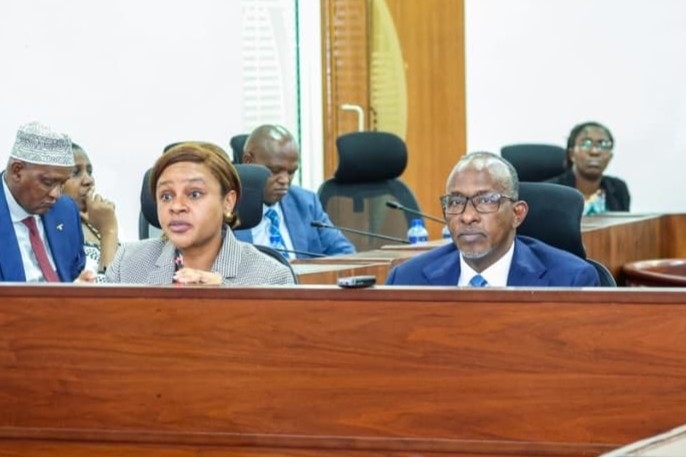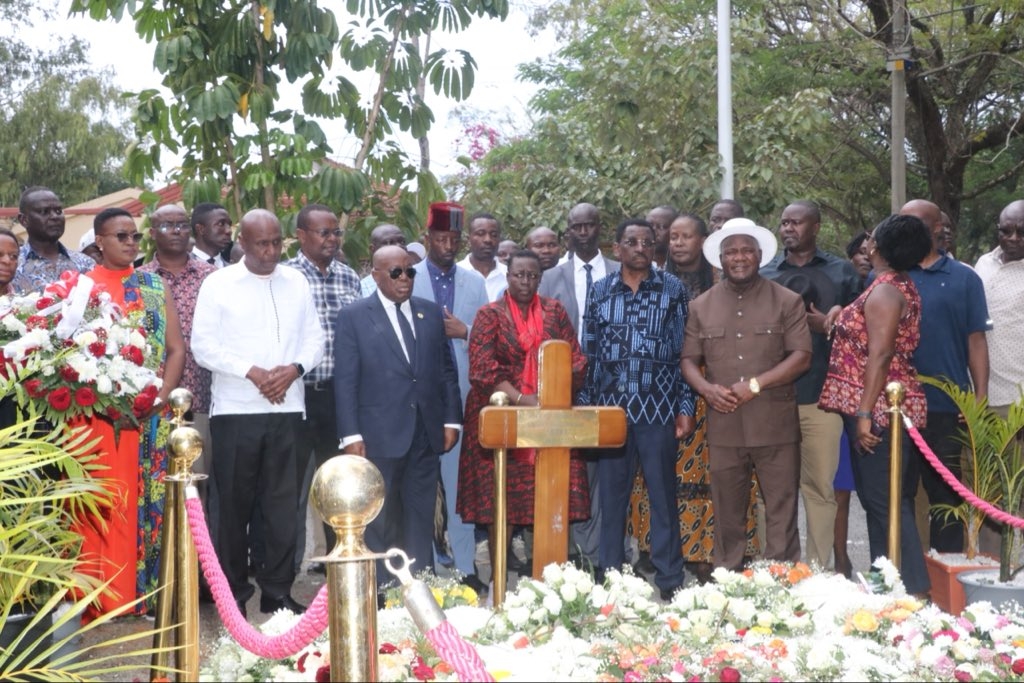A decision by the High Court to dismiss an application seeking to suspend orders freezing the implementation of the Finance Act 2023, has now put President William Ruto in a tight spot.
Ruto assented to the Finance Bill, 2023 on June 26, automatically giving Treasury the green light to start implementing the new tax measures.
In the new Act, the Kenya Kwanza administration has increased and also introduced new taxes to generate over Sh200 billion in revenue to meet government obligations.
Following Monday’s ruling by Justice Mugure Thande, the president has now been forced to wait longer before his government may fully implement the Finance Act 2023.
“The ruling puts the government’s programmes in limbo. It is going to delay its ambitious plan meaning not all projects are going to be completed in this financial year as had been projected,” lawyer Javas Bigambo said.
He argues that the matter takes longer if it goes through all the practical and applicable mechanisms as there is a possibility of being contested in the Court of Appeal or even the Apex Court depending on the ruling by the High Court.
“It may take six months and if it pends in court until December or January it means half the financial year is lost in terms of raising the new revenues as had been projected for purposes of meeting development and recurrent expenditure as framed in the budget,” he said.
In giving the ruling, Justice Thande, said she has forwarded the file to Chief Justice Martha Koome to constitute a three-judge bench to hear the matter.
Treasury Cabinet Secretary Njuguna Ndung’u who filed the application urging the court to set aside the orders argued that this will bring a budgetary crisis to the government.
He said the government had continued to lose Sh578 million daily in taxes since the orders were issued on June 30.
In their petition, Busia Senator Okiya Omtatah and lawyer Otiende Amollo claimed that some sections threaten the right to property, access to justice and violate the Constitution in general.
Lawyer Bigambo further states that the decision by the court piles pressure on the Kenya Revenue Authority (KRA) to try as much as possible to raise taxes under the framework of the existing regime.
“KRA is not likely to meet its targets this financial year of raising more money to meet the budget deficit as proposed in the new Act and this means the new taxes may not be met because revenues are dependent on the new tax regime that was proposed in the new Finance Act,” he notes.
The new tax levies includes16 per cent VAT on fuel that has already been implemented with Ruto saying this will fetch Sh50 billion in revenue and housing of 1.5 per cent which is set to raise Sh108 billion annually forming 56 per cent of the target.
Ruto also seeks to collect revenue from Small and Medium-sized Enterprises (SMEs) having raised its turnover tax from one per cent to three.












